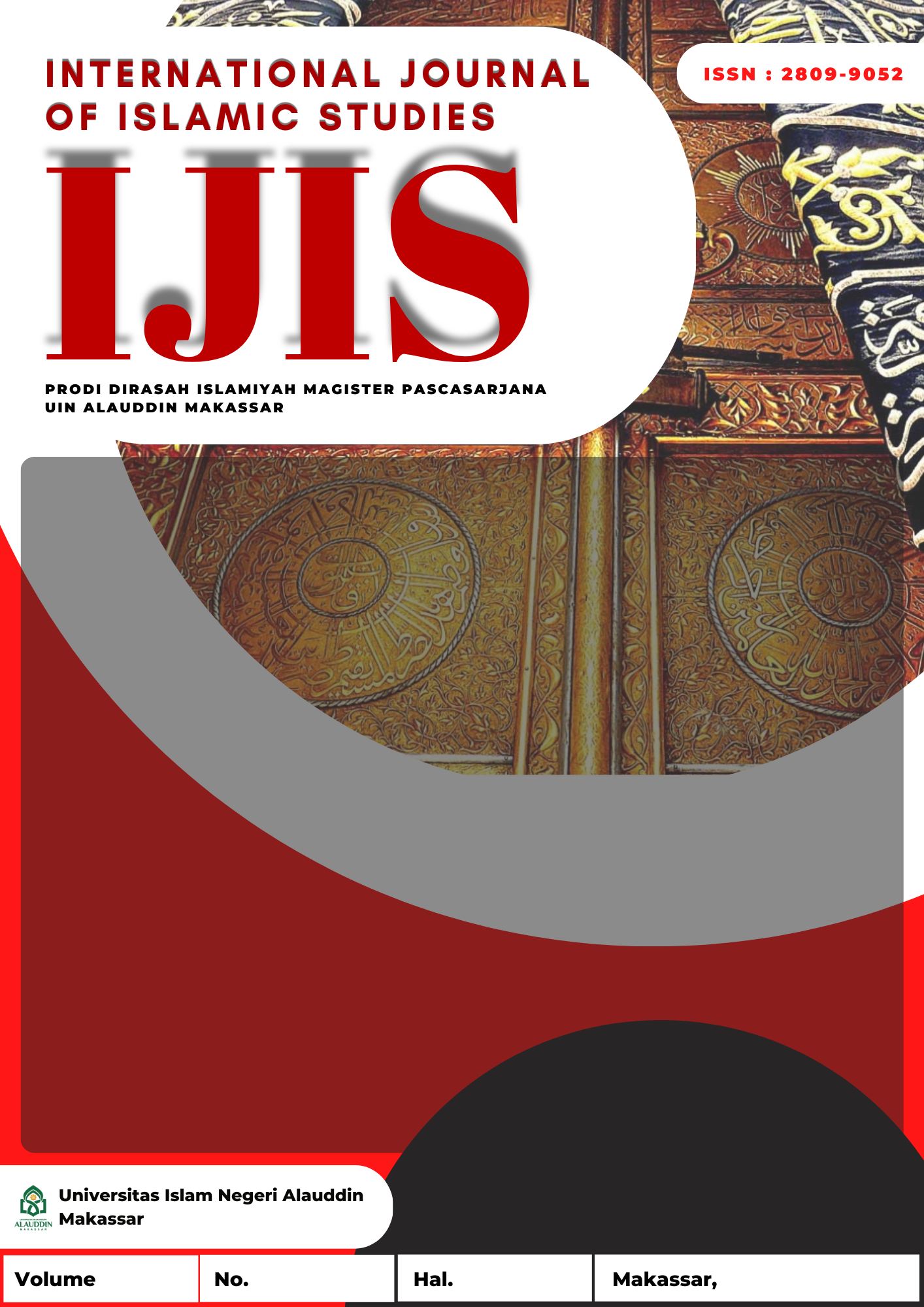HARUN NASUTION ISLAMIC EDUCATION THINKING: POSTGRADUATE PRESENTATION IN RELIGIOUS COLLEGE
Abstract
The objectives of this study are: (1) To determine the biography of Harun Nasution (2) To find out the efforts made by Harun Nasution in presenting postgraduate degrees in religious colleges. Harun Nasution is one of the reformers of Islamic education in Indonesia, he comes from Mandailing Natal, North Sumatra. According to Harun Nasution, the effort to present Postgraduate degrees in the scope of IAIN aims to produce scholars who are the driving force for education, research and development of science within the IAIN.
References
Mahfud, Hanimuddin, Ide Perubahan IAIN menjadi UIN Jakarta , Jakarta: UIN Press, 2010.
Mukhrizal Arif,”Peran Harun Nasution dalam Pengembangan PTAI” blog Mukhrizal Arif. http://moechrizal.blogspot.com/ (25 Agusrtus 2018)
Nata, Abuddin, MetodologiiStudi Islam, Jakarta: PT. Raja Grafindo Persada, 1998.
---------------------,Tokoh-Tokoh Pembaharuan Pendidikan Islam di Indonesia, Jakarta: PT. Raja Grafindo Persada, 2005.
Nasution, Harun, Islam Ditinjau dari Berbagai Aspeknya, (Jakarta: Universitas Indonesia, 2011.
---------------------, Islam Rasional, Bandung: Mizan, 1998).
---------------------, Refleksi Pembaharuan Pemikiran Islam, Jakarta: Lembaga Studi Agama, 1989.
---------------------,, Islam Ditinjau dari Berbagai Aspeknyai Jilid I dan II, Jakarta: UI Press, 1985.
Profil singkat Pascasarjana UIN Syarif Hidayatullah”, Situs Resmi Pascasarjana UIN Syarif Hidayatullah. http://graduate.uinjkt.ac.id/index.php/en/profil/sejarah-singkat ( 25 Agustus 2018 )
Tim Penyusun”, Ensiklopedi Islam. http:// ensiklopedi.com/timpenyusun (25 Agustus 2018).
Authors who publish with this journal agree to the following terms:
1) Authors retain copyright and grant the journal right of first publication with the work simultaneously licensed under a Creative Commons Attribution License that allows others to share the work with an acknowledgement of the work's authorship and initial publication in this journal.
2) Authors are able to enter into separate, additional contractual arrangements for the non-exclusive distribution of the journal's published version of the work (e.g., post it to an institutional repository or publish it in a book), with an acknowledgement of its initial publication in this journal.
3)Authors are permitted and encouraged to post their work online (e.g., in institutional repositories or on their website) prior to and during the submission process, as it can lead to productive exchanges, as well as earlier and greater citation of published work (See The Effect of Open Access).







